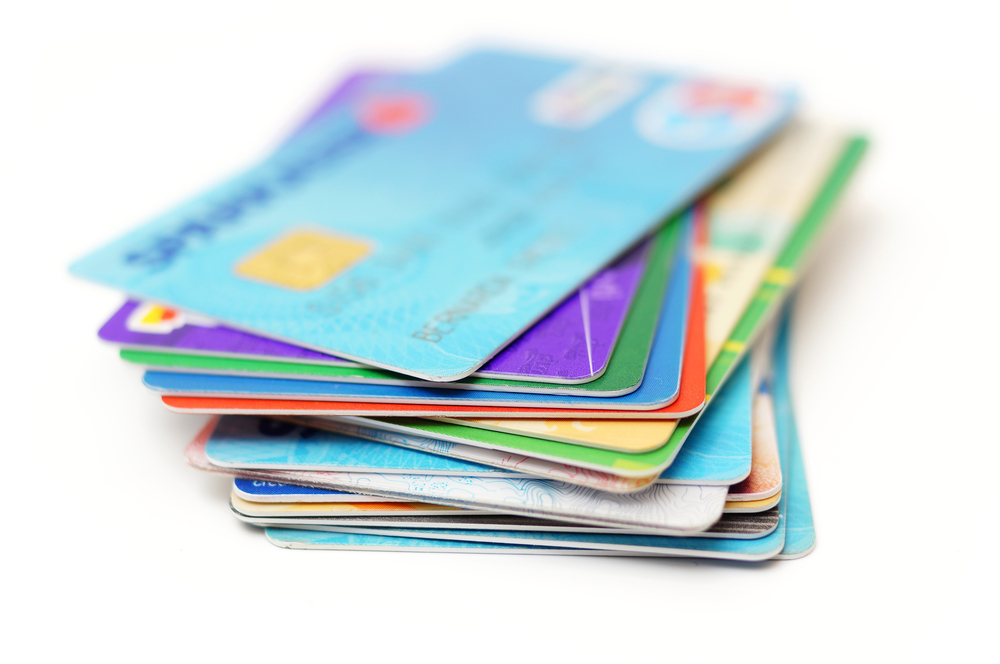Credit Cards & Loans
Credit card holders experience highest ever APR

Credit card holders looking to pay off their monthly spends have seen average purchase rates (APR) rise to a record-high 31.8%.
Between June and September, Moneyfacts data also found the yearly rate, on average, rose to 25.448% (including card fees – the highest of its kind since its data began in 2006).
APR is the cost you pay each year to borrow money, including fees, expressed as a percentage.
Balance transfer fees have also risen to 2.29% on average, up from 1.99% a year ago, which is also the highest rate for almost two years.
Lenders have dropped the term to transfer credit interest-free too, with the average term falling by 10 days from June (553 to 543 days).
A purchase interest rate is applied to any unpaid balances at the end of the billing cycle and does not apply to other incurred interest charges.
There are ways to avoid the highest APR rates, which include maintaining a good credit score and keeping up to date with monthly payments.
Banks offering fewer interest-free transfers
Following the hikes, Rachel Springall, finance expert at Moneyfacts, said: “The cost to borrow is on the rise across credit cards and unsecured personal loans, which will come as disappointing news to consumers. Borrowers now have fewer 0% interest-free credit card offers to choose from and less time to repay their debts before interest applies.
“The availability of credit cards that offer a 0% interest-free balance transfer deal has fallen to its lowest point in two years, and the average term to repay debts before interest applies is at its lowest since March 2021. These drops may well be down to a more cautious outlook by providers amid a cost of living crisis.
“The average balance transfer fee has also risen, which now costs borrowers more to move their debts to a 0% balance transfer offer and stands at its highest point since November 2020. Borrowers looking to consolidate their debts would be wise to carefully compare these upfront fees and the length of any 0% offer before they commit, and perhaps consider cards that do not charge an upfront fee. Lenders typically increase the cost to borrow when the potential risk for borrowers to default is elevated.
“Consumers looking for a new credit card, perhaps for them to spread the cost of their purchases in the run-up to the festive season, would be wise to compare deals now. It’s also important they take time to check their credit score before they apply. If borrowers are struggling with their debts, it is imperative they speak to their provider and seek advice if they are worried about missing any repayments.”